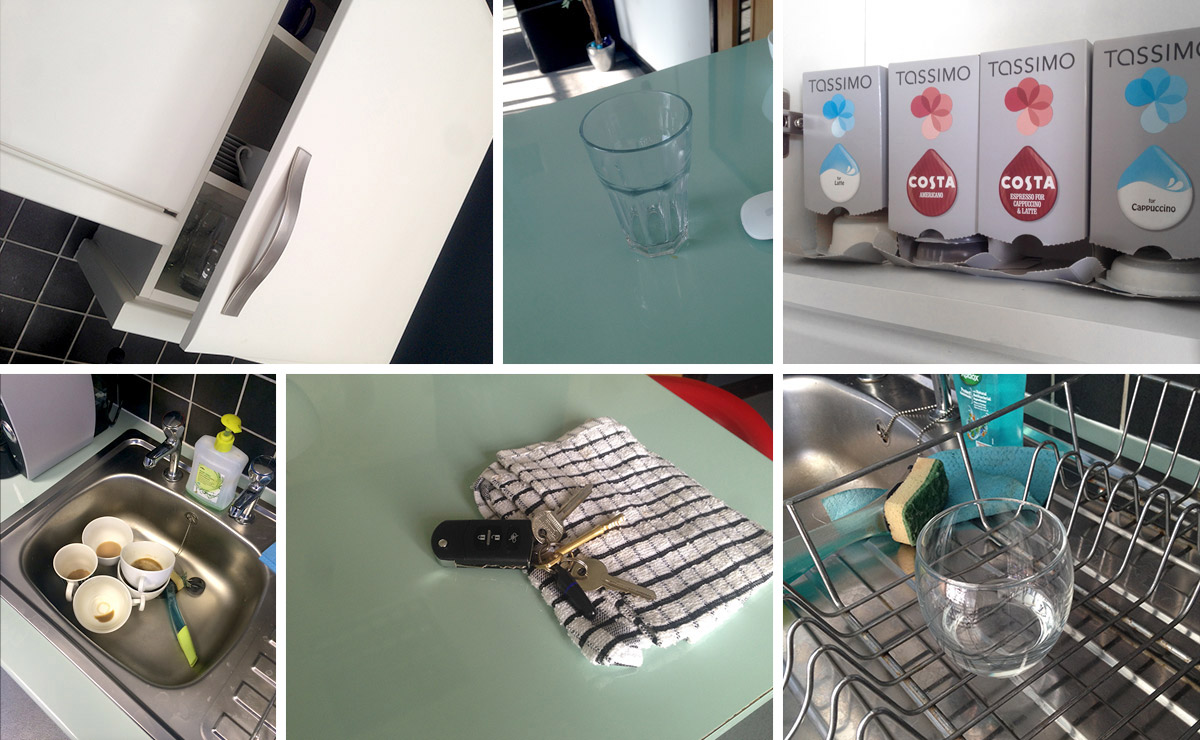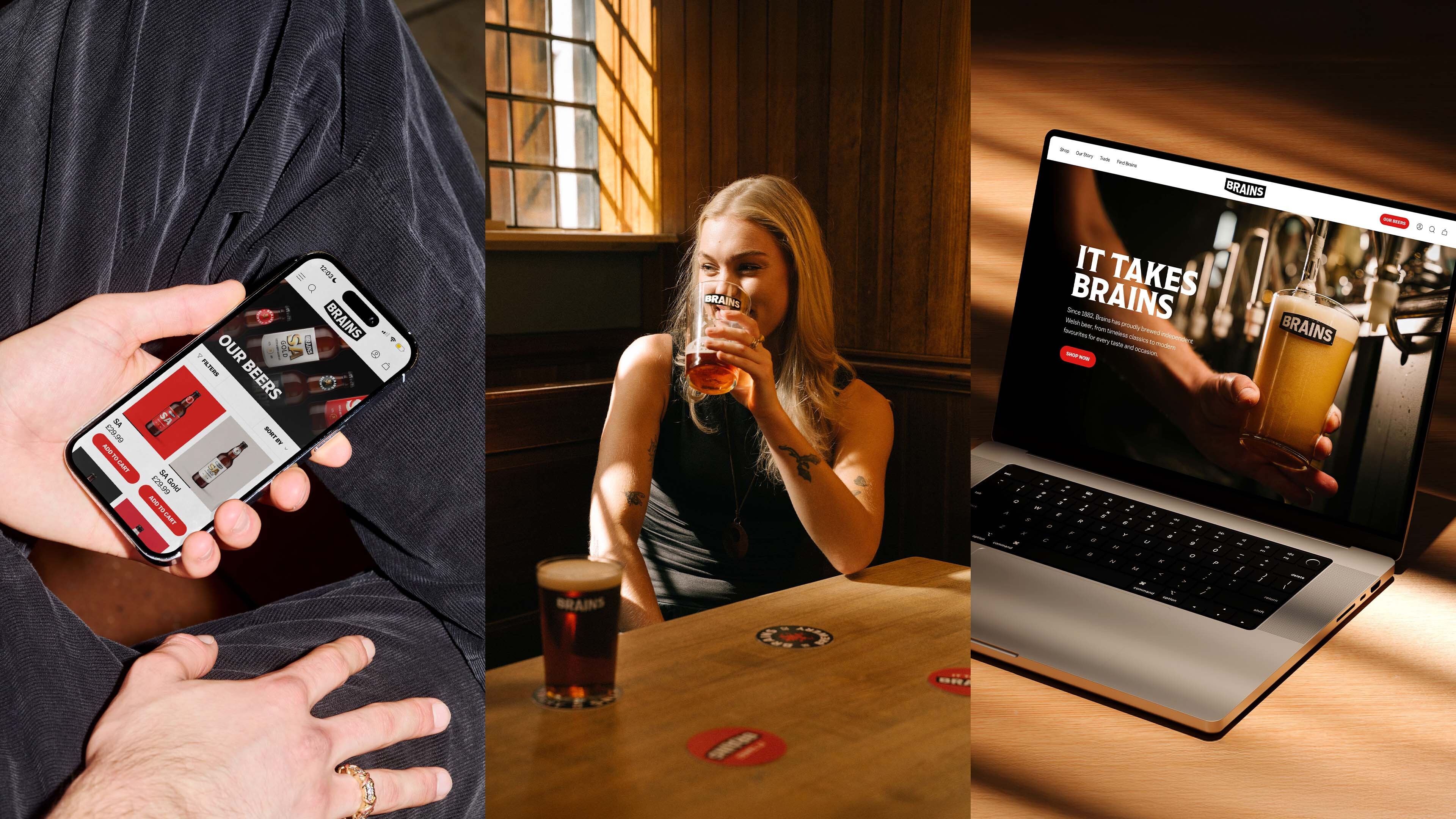
First things first. This is a very serious post. The subject is no laughing matter, so no giggles—Okay?
If you follow us on Twitter or Instagram, you may have heard us talk about our points system. We thought it was about time we provided a bit more context about what has become such an integral part of The Toward Way.
Many moons ago when we were in our old studio in Newport we could be a mucky little bunch. Lunchtime was prime time for mess and whilst we would wash our dishes, often the draining board would mount up to a giant pile of crockery and cutlery. Regularly to the point where we couldn't fit another teaspoon. The pile was usually only cleared minutes before the arrival of a client.
Also, meetings would finish leaving piles of print samples, notes, cups and biscuit crumbs for days—Usually right up until the next meeting.
It wasn't exactly a bomb site, but it started to become a running joke that we'd all have to rally around getting the place tidy for guests. There must be a better way, we thought to ourselves...
Enter the points system
The rules are simple;
- If you leave anything in a communal part of the studio (i.e. not your own desk) and you sit down, you get a point
- If you leave dishes on the drainer—dirty or otherwise, you get a point
- If you leave something on the printer overnight, yep, you get a point
- Cupboard door left ajar? How dare you, point
- Meeting paraphernalia left out? Chalk up a point
- Leave a pen on someone else's desk? A heinous crime. Welcome to pointsville
- Mess of any kind earns the dirty devil who caused it a point
- New incidents can be ruled as point-worthy without notice
 Open cupboard doors, glasses left on surfaces, empty coffee boxes, washing up not put away and miscellaneous items abandoned are a few of the incidents which regularly result in points.
Open cupboard doors, glasses left on surfaces, empty coffee boxes, washing up not put away and miscellaneous items abandoned are a few of the incidents which regularly result in points.
Of course some of these things aren’t exactly mess but thems the rules, rules that have evolved and been debated many times.
The result of this has not only been a tidy studio, but paranoia, allegiances and imaginative fibs. Lunchtime is the peak of the paranoia with several checks taking place before we sit down. Sitting is the key, and we sometimes spot that someone has left something and wait for them to sit before skipping to the board to ‘rack them up’. There is a distinct ‘woo hoo hoo’ sound that is made when someone spots a point to be awarded. It’s like a klaxon sending shivers up our spines.
When we moved to our shiny new studio in Cardiff last December we were even more determined to keep it clean and tidy and the points system was key to that.
Our whiteboard contains a running tally of points. As I type this the scores are:

You don't have to be Miss Marple to identify the mucky pups. Whoever has the highest number is written in red with all others in blue. Trust me, it's not nice being in the red!
I suppose what we're talking about here is the gamification of cleanliness. Gamification, as it turns out is extremely competitive.
Evidence and appeals
Of course there are some among us that plead innocence to even the most obvious of mess crimes. As a result we now find ourselves collecting evidence wherever possible. It’s not unusual to receive an email each day with the subject #shame. The email will then be a photo of the crime in question. When those emails land, the mouths go dry, the palms go sweaty and only when you realise it's not your point do you relax and revel in the fanciful storytelling that ensues.
 Sometimes people 'slightly exaggerate' the impact messiness causes. Here, a carelessly placed chair has caused Gareth a serious injury, and Hamish's daughter was left to resuscitate her father following a nasty trip over Mike's bag. All valuable evidence in the fight against mess.
Sometimes people 'slightly exaggerate' the impact messiness causes. Here, a carelessly placed chair has caused Gareth a serious injury, and Hamish's daughter was left to resuscitate her father following a nasty trip over Mike's bag. All valuable evidence in the fight against mess.
One issue we struggled with was food spills and crumbs. Are they a mess or not? It was agreed that any spills bigger than a five pence piece was point worthy. Points have been awarded for grapes on the floor, a piece of carrot by the bin and grapefruit juice on the counter. We’re harsh... but usually fair.
If someone thinks a point has been unfairly awarded (most occasions) then they can appeal. No, I'm not joking. Our well thought out appeal process involves the accused stating their case of why it isn't a point and others in the team provide the counter argument. We then 'go to counsel' and vote. If we vote in favour of the accused then the point is retracted. If we vote against them then they get 2 points for trying to get away with it.
I cannot explain how much time has been spent with people arguing their cases and also taking much delight in others getting points. It's all done with tongues firmly in cheeks really but it works—our studio is always clean, tidy and ready for visitors.
We’ve yet to figure out what happens to the messiest person when we reach the end of the year so any ideas are welcomed—Drop us a tweet with your suggestions. In the meantime we live in shame if we get a point, but at least that shame is lived in a tidy studio.
